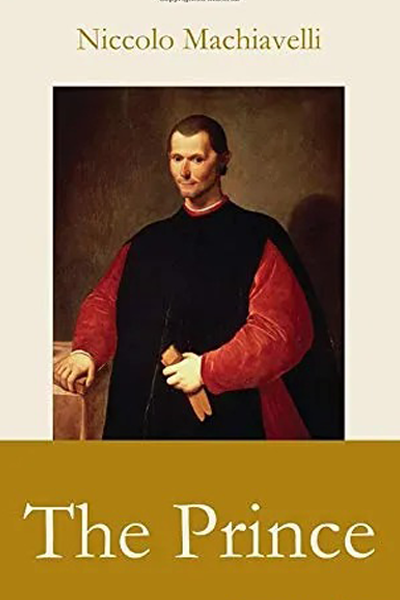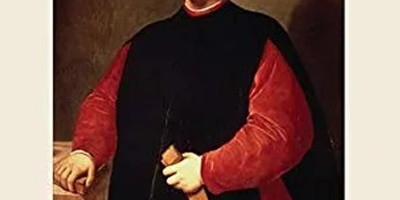
“The Prince” is a pragmatic examination of political power and the strategies rulers employ to acquire and maintain it. Machiavelli, drawing from his experiences in Renaissance Italy, delves into the intricacies of statecraft, providing practical advice on navigating the treacherous landscape of politics.
Key Themes:
- Realism and Practicality: Machiavelli’s approach is starkly realistic, urging leaders to prioritize effective governance over idealistic notions of morality.
- Moral Ambiguity: The book famously explores the tension between ethical principles and the ruthless pragmatism often required in political maneuvering.
- Cunning and Strategy: Machiavelli emphasizes the importance of strategic thinking, resourcefulness, and adaptability in the pursuit and maintenance of power.
- Fortune and Virtù: The interplay between fortune (external circumstances) and virtù (personal qualities and skills) is a central theme, shaping Machiavelli’s advice to rulers.
Relevance to Inmates: While “The Prince” is traditionally studied in political science, its relevance extends beyond the realm of rulership. Inmates can draw parallels between the strategies discussed by Machiavelli and their own experiences, gaining insights into the dynamics of power, influence, and survival within institutional settings.
Institutional Oppression and Empowerment: By critically engaging with Machiavelli’s ideas, readers can reflect on the power structures within correctional facilities. Understanding the principles of leadership outlined in “The Prince” may empower individuals to navigate institutional dynamics more effectively, fostering a deeper awareness of the forces at play.
“The Prince” remains a provocative and influential work, challenging readers to confront the complexities of political power. Inmates exploring this text can gain a nuanced understanding of leadership dynamics, encouraging critical thinking about their own experiences within the prison system.







